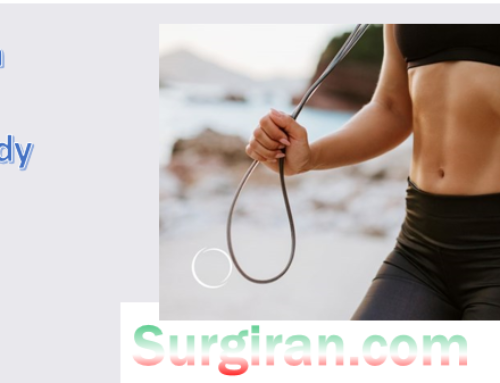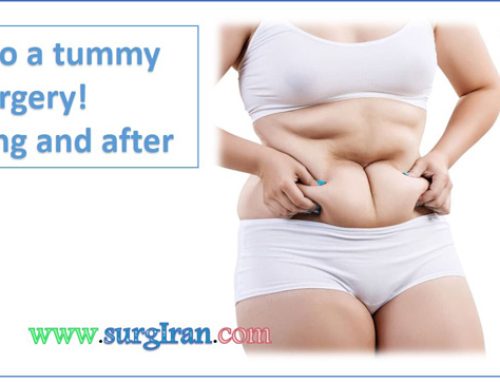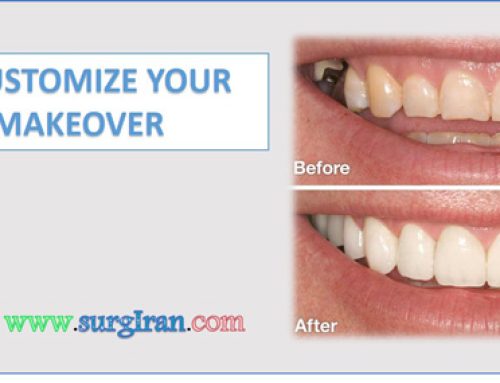
According to the ISAPS Global Statistics of 2016, fat transfer buttock augmentations are one of the top ten plastic surgery procedures performed in the world today. We find this news unsurprising! The Brazilian Butt Lift has been getting more popular year after year, and we suspect that we might even see it move further up that top ten next year.
The Brazilian Butt Lift is well loved for the fantastic level of enhancement and contouring it provides. Unlike artificial buttock implants, the Brazilian Butt Lift uses your own fat, liposuctioned from a donor location, purified, and then reinjected into your bottom. A good Brazilian Butt Lift can provide you with a very natural looking enhancement, while still providing the volume and shape that you desire.
If you’ve had a BBL recently, or you’re planning to have this procedure in the future, you should be well-informed about the recovery phase and aftercare. We are going to provide you with a few tips for quick recovery from a Brazilian butt lift.
Here are some valuable recovery tips to get you back to looking and feeling your best soon after your procedure:
- Do Not Sit For Approximately Two Weeks
For roughly two weeks following surgery you must avoid sitting in order to allow the body to properly heal. Sitting for long periods of time during this stage of recovery will damage the fat that has been transferred to your buttocks, compromising results.
You are allowed to use a special BBL pillow if you have to sit during the first weeks, but only for short periods of time. You should put a pillow underneath your thighs and sit on the back part of your thighs, leaving your buttocks in the air.
- Exercise Lightly
You shouldn’t do any heavy exercise or strenuous activity for at least a month after the procedure. That said, after a full week of recovery, walking is greatly encouraged. Walking will improve your blood circulation, speed your healing, and might even improve your results!.
Patients must stop consuming alcohol and smoking, which slows wound healing and can increase the chance of complications, affecting the flow of oxygen and nutrients to the bloodstream.
- Don’t Go For A Soak
You should be able to shower in the first few days but avoid bathtubs, swimming, or soaking in the hot tub until you are cleared and completely healed.
To speed healing, take adequate rest, follow a balanced diet, and avoid smoking and alcohol consumption. Contact your surgeon if you experience any unusual symptoms or problems such as infection and keep your follow-up appointments.
- Be Patient




